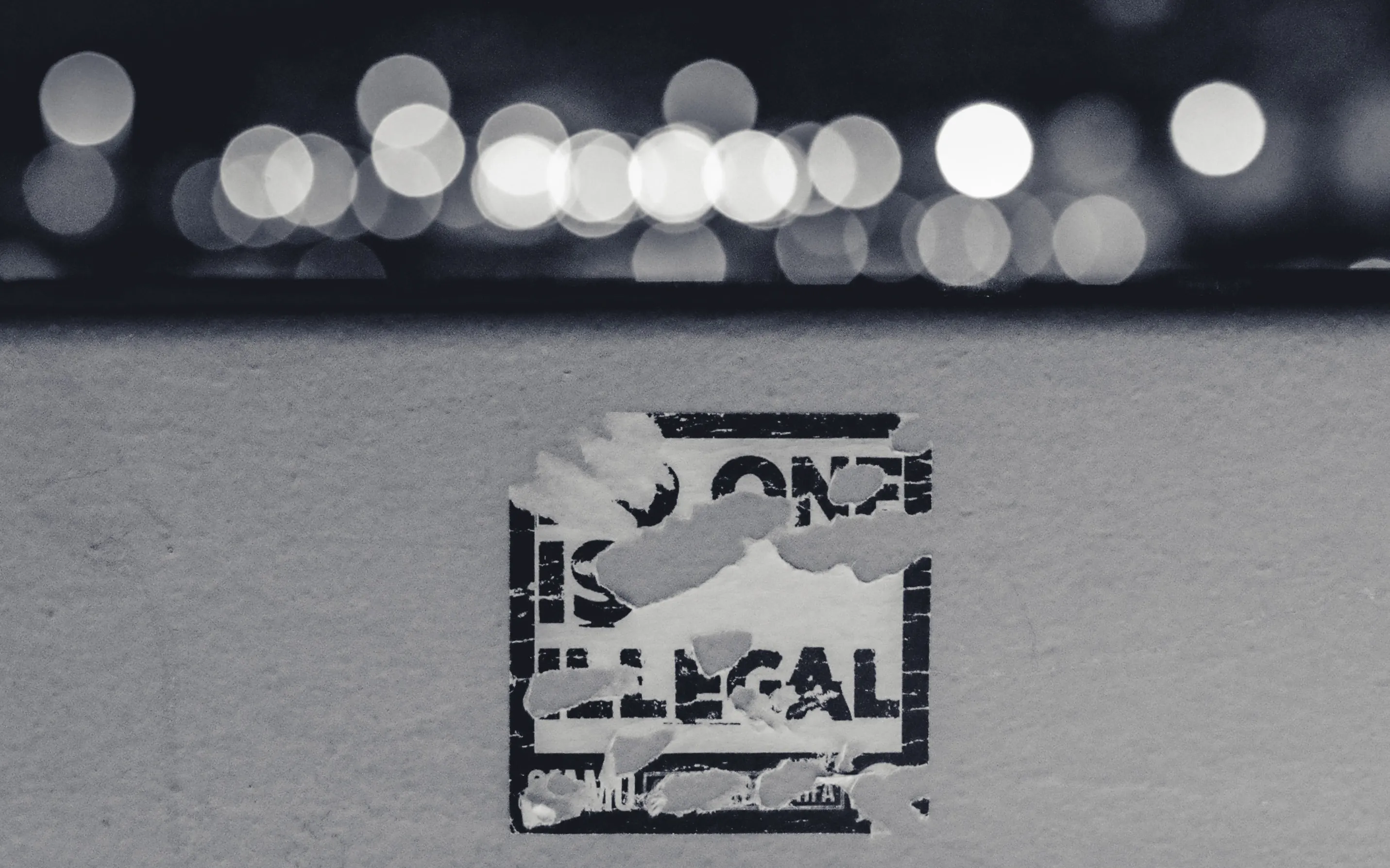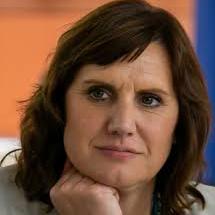In countries based on democratic principles, minority groups continue to experience discrimination

The role of volunteering to combat the stigmatization of refugees and migrants will be the central theme of CEV's Autumn Volunteering Congress 2020.
The “Sewing Solidarity Together” Conference, supported by the Europe for Citizens programme, will share strategies through which volunteers can combat stigmatization and discrimination towards immigrants, refugees, and other disadvantaged and excluded groups. Discussions will take place in the conceptual frame of “Sewing Solidarity”, one of the guiding principles of the EV Capital 2020 Padova, the host venue of the conference.
The conference will take place as part of the CEV Autumn Volunteering Congress 2020 from 21 - 23 October 2020. The Centre for European Volunteering (CEV) will this year enable both offline and online participation in the Congress. Opportunities for debate on current trends in the voluntary sector for representatives of civil society organisations, municipalities, and EU institutions will be provided. It includes the following events: CEV General Assembly; Seminar as part of the Europe for Citizens VOCIS project “Volunteers as a force of solidarity in times of crisis”; EVCCC Study Visit; EV Capital 2022 candidate presentations, and the “Sewing Solidarity Together” conference.
The Congress offers a unique opportunity to connect and exchange ideas between policy-makers, civil society organisations and volunteers. It will be a perfect occasion to disseminate the VOCIS project results and gain insights into how volunteering can contribute in crisis situations in addition to addressing how it can combat the stigmatization of refugees, migrants and other minority groups. It will also provide the space for CEV members to reflect on the achievements of the network so far in 2020 and to plan for the future in 2021 and beyond. The Congress will benefit immensely from the candidates presentations for the European Volunteering Capital 2022 title (Gdansk, Gorizia, Izmir & Madrid), the 2020 title holder (Padova) and the 2021 winner (Berlin), all of which will showcase the importance of the power of supportive public policies at the local level to maximise even further the energy and expertise offered by volunteers across Europe.
It is a sorry fact that even in countries based on democratic principles, and adhering to European Values, many citizens from minority groups continue to experience discrimination and stigmatization. This can have negative effects on many aspects of their day-to-day lives such as: access to quality housing; appropriate education and learning opportunities; stable and fair employment; suitable leisure and sporting activities; proper nutrition and healthcare services; possibilities for well-being and quality of life.
A large number of volunteers in Europe contribute their time and expertise in volunteer-based and volunteer-led activities that seek to combat this stigmatization and discrimination. Some are focused on direct alleviation in practical ways of the negative consequences previously mentioned. Others target the issue from a different perspective and focus on changing the attitudes and reactions of fellow citizens who, through their own prejudices and attitudes, contribute to the discrimination and stigmatize people from minority groups.
The conference will be a dynamic and interactive space where online and offline participants alike can explain what for them “Sewing Solidarity” means. They will be able to showcase different initiatives or strategies they have used to combat stigmatization and discrimination and explain what are the indicators of success and good practice. We will also be able to see how facilitating and engaging volunteers from within the minority groups as part of mutual aid and peer-to-peer volunteering initiatives can be successfully achieved and what are the potential barriers and challenges to this. The impact of the media in the “Era of Fake News” will also be addressed, especially concerning the role of volunteers in combating hate speech and fake news and in this way reducing discrimination and stigmatization of refugees, migrants and other minority and vulnerable groups.



Add new comment